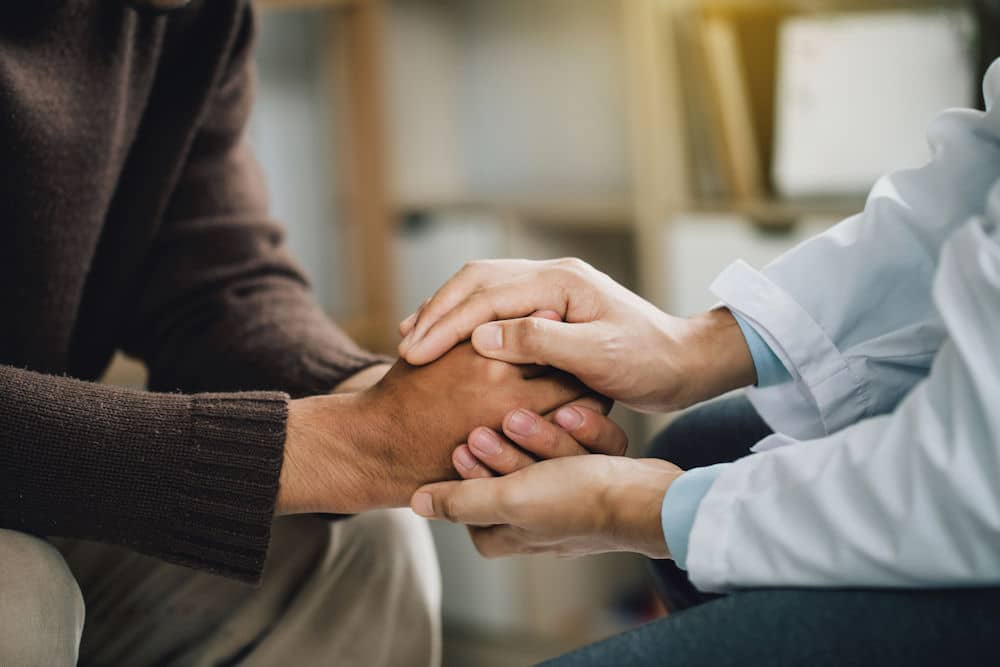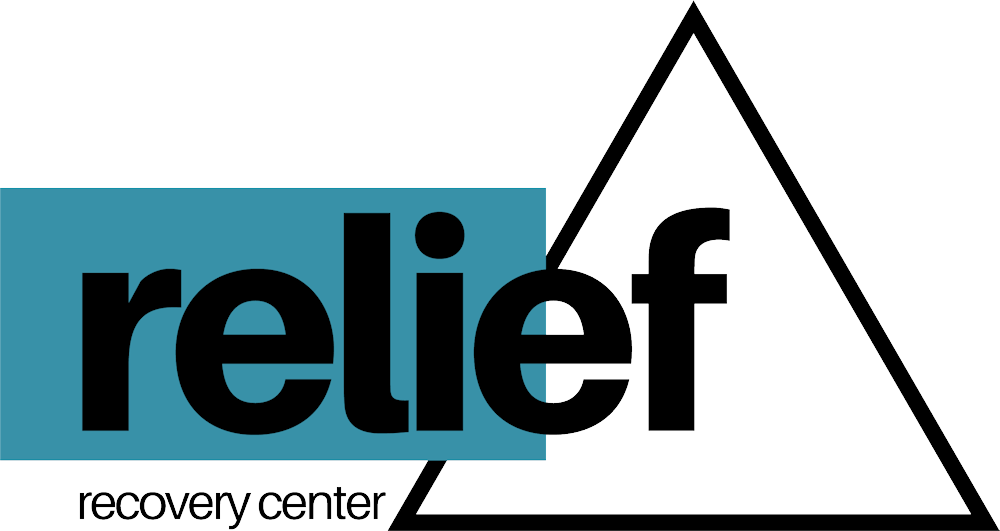Let us guide you towards a brighter future in sobriety
Rediscover Your Life: Addiction Treatment for Young Adults
» Who We Treat »
If you’re a young adult struggling with addiction, know that you’re not alone. We understand that this is a challenging time, and we want to help. As a young person, you may be facing unique obstacles that can make it harder to seek help and stay committed to your recovery journey.
According to the Substance Abuse and Mental Health Services Administration (SAMHSA), young adults aged 18 to 25 have the highest rate of illicit drug use compared to any other age group. Moreover, almost 14% of young adults in this age range reported heavy alcohol use in the past month. The risk of substance abuse and addiction is especially high for those who have experienced trauma or struggle with mental health issues.
This page is designed to provide an overview of the specific challenges you may be facing in recovery and offer strategies for overcoming them. Our goal is to empower and support you as you work towards a healthier and happier future. Remember, recovery is possible, and we’re here to support you every step of the way.
We are just phone call away! Contact Relief Recovery Center for a consultation and begin your journey to recovery today!
Overcoming Challenges You May Be Facing
Overcoming Social Pressure
However, there are ways to overcome this challenge:
- Seek out support from others who are also in recovery, whether it’s through a support group, therapy, or other community resources.
- Surround yourself with positive influences to stay focused on your goals and avoid the negative influences that may try to pull you back into old habits.
- Practice saying “no” to peer pressure and develop a plan for handling difficult social situations ahead of time.
- Find new social outlets that support sobriety, such as joining a sober sports league or attending sober events.
- Seek out support from a therapist, sponsor, or recovery group to help navigate social pressure and maintain sobriety.
It’s also important to communicate openly with your friends and family about your journey in recovery and what you need from them to support you. With a strong support system and a commitment to your own well-being, you can overcome the social pressure and stay on the path towards a healthier and happier future.
Emotional Turmoil
These emotions can be overwhelming and may trigger a relapse if not addressed properly. It’s important to remember that emotional health is just as important as physical health in the recovery journey.
- Develop healthy coping mechanisms, such as exercise, meditation, or creative outlets like art or writing.
- Consider talking to a therapist or support group to work through emotions and develop strategies for maintaining sobriety during difficult times.
- Prioritize self-care by getting enough sleep, eating well, and practicing relaxation techniques.
Lack of Life Skills
- Consider taking classes or workshops on essential life skills like financial management or healthy communication.
- Reach out to a trusted mentor or family member for guidance and support.
- Develop a daily routine and set achievable goals to build confidence and self-efficacy in navigating the challenges of adulthood.
Through therapy, support groups, and educational programs, you can learn the skills you need to live a healthy, fulfilling life in recovery.
Stigma
- Surround yourself with people who are supportive and non-judgmental, such as a trusted friend or family member, a therapist, or a support group.
- Educate yourself on the nature of addiction and mental health issues, and don’t be afraid to speak out against stigma when you see it.
- Remember that you are not defined by your struggles, and that there is no shame in seeking help and working towards a healthier, happier future.
Common Substance Use Disorders
If you are struggling with substance use disorder, know that you are not alone.
With over 20 million Americans diagnosed with an substance use disorder, but only around 1 million receiving treatment, there is a significant gap that needs to be addressed. Our goal is to help reduce this gap, one person, one family, and one community at a time.
At our center, we provide personalized treatment plans for individuals battling addiction to alcohol, opioids, and illicit drugs.
Our team is committed to helping you overcome your addiction and achieve lasting recovery through evidence-based treatment approaches and compassionate care.
You are not alone in this battle
- 21.2 million Americans aged 12 or older needed substance use treatment.
- Addiction treatment reduces drug use by 40% to 60%, significantly decreases criminal activity, and improves social and occupational functioning.
Discover the Benefits of Living Addiction-Free
Improved Physical and Mental Health
Increased Social Support
Improved Relationships
Rediscovery of Meaning and Purpose
Increased Resilience
Treatment Options
We know that asking for help can be difficult, especially if you feel like you’re the only one struggling. But the truth is, there are many others just like you who are going through the same thing. The good news is that recovery is possible, and there are resources available to help you on your journey. By seeking treatment, you can take control of your life and start working towards a healthier, happier future.

Detox

Day Treatment Program

Intensive Outpatient Program (IOP)

Outpatient Program (OP)

